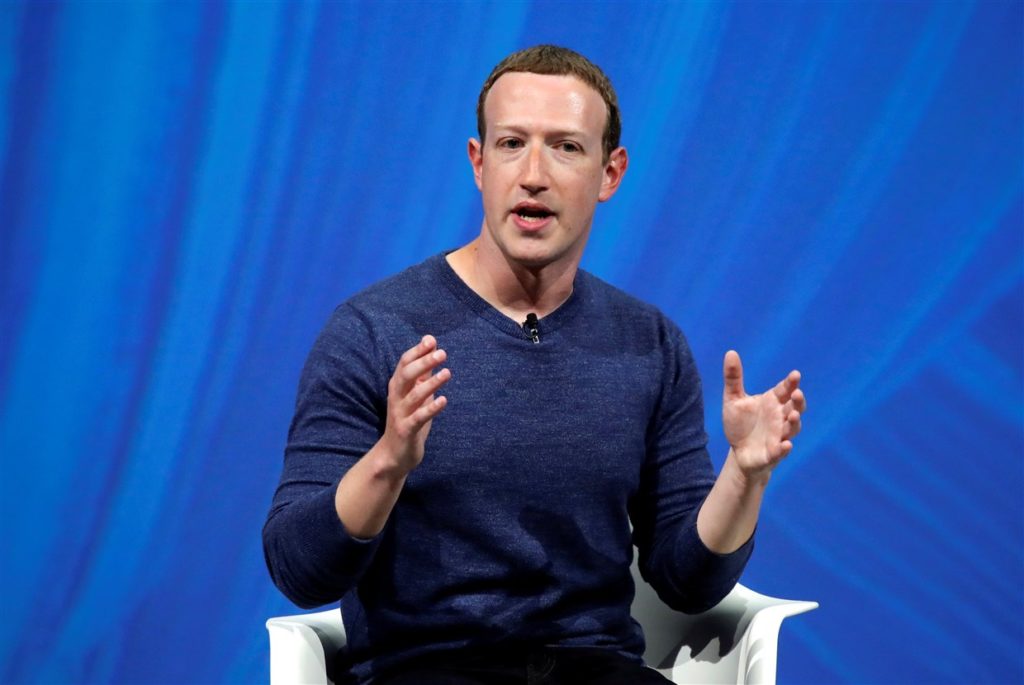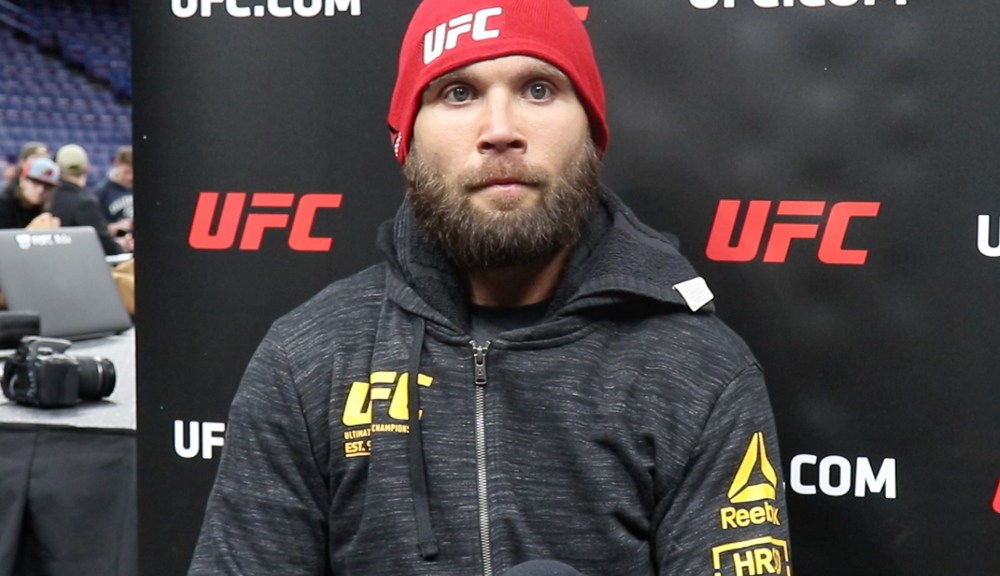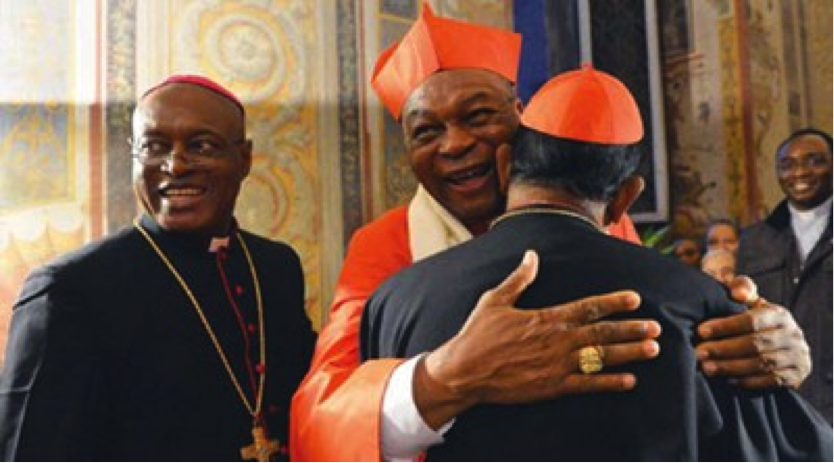Mark Zuckerberg's Facebook In The Age Of Trump

Table of Contents
The Rise of Misinformation and Political Polarization on Facebook During the Trump Presidency
The Trump presidency coincided with a surge in misinformation and political polarization on Facebook, raising serious concerns about the platform's impact on democratic processes. This section analyzes key contributing factors and their consequences.
The Cambridge Analytica Scandal and its Implications
The Cambridge Analytica scandal, which involved the harvesting of personal data from millions of Facebook users and its use to target political advertising, significantly damaged Facebook's reputation and raised serious questions about data privacy.
- Data harvesting: Cambridge Analytica improperly accessed the data of 87 million Facebook users.
- Targeted advertising: This data was used to create highly targeted political advertisements aimed at influencing the 2016 US Presidential election.
- Erosion of user trust: The scandal severely eroded public trust in Facebook's ability to protect user data and its commitment to data privacy.
- Regulatory scrutiny: The scandal led to increased regulatory scrutiny of Facebook and other social media companies globally.
The Spread of Fake News and Conspiracy Theories
Facebook became a breeding ground for fake news and conspiracy theories during the Trump era, significantly impacting public opinion and political discourse.
- Anti-vaccine campaigns: Misinformation about vaccines spread rapidly on Facebook, undermining public health initiatives.
- QAnon: The conspiracy theory group QAnon gained significant traction on Facebook, promoting dangerous and unfounded beliefs.
- Election interference: Foreign actors used Facebook to spread disinformation aimed at interfering in the 2016 and 2020 US Presidential elections.
- Algorithm's role: Facebook's algorithm, designed to maximize engagement, inadvertently amplified the spread of fake news and conspiracy theories.
Echo Chambers and Filter Bubbles
Facebook's algorithms contributed to the creation of echo chambers and filter bubbles, reinforcing existing biases and limiting exposure to diverse viewpoints.
- Algorithmic bias: The algorithm may have unintentionally favored certain types of content, leading to biased news feeds.
- Personalized news feeds: Personalized news feeds often showed users only content that aligned with their existing beliefs.
- Limited exposure to diverse viewpoints: This lack of exposure to opposing viewpoints exacerbated political polarization.
Facebook's Role in Political Advertising and Campaigning During the Trump Presidency
The Trump campaign effectively utilized Facebook's advertising tools, raising questions about the transparency and regulation of political advertising on the platform.
Targeted Advertising and Microtargeting
The Trump campaign masterfully employed Facebook's microtargeting capabilities to reach specific demographics with personalized messages.
- Precise targeting of demographics: The campaign used detailed demographic data to target specific voter segments.
- Personalized messaging: Messages were tailored to resonate with the values and concerns of individual demographics.
- Lack of transparency: The lack of transparency surrounding political advertising on Facebook raised concerns about its potential for manipulation.
The Debate Over Political Ad Regulation on Facebook
The regulation of political advertising on Facebook has been a subject of intense debate.
- Transparency requirements: Calls for greater transparency in political advertising funding and targeting have intensified.
- Fact-checking initiatives: Facebook has implemented fact-checking initiatives, but their effectiveness remains debated.
- Censorship concerns: Concerns about censorship and the potential for biased fact-checking have been raised.
Foreign Interference and Election Integrity
Facebook played a role in foreign interference attempts during the 2016 and 2020 elections.
- Russian interference: Russian actors used Facebook to spread disinformation and interfere in the 2016 election.
- Disinformation campaigns: These campaigns aimed to sow discord and undermine public trust in democratic processes.
- Combating foreign influence: Facebook has implemented measures to combat foreign interference, but challenges remain.
Facebook's Response to the January 6th Capitol Riot and its Aftermath
The January 6th Capitol riot highlighted the role of social media in the spread of extremist views and calls for violence.
Facebook's Role in the Events Leading Up to the Riot
Facebook contributed to the spread of extremist views and calls for violence leading up to the January 6th riot.
- Stop the Steal movement: The "Stop the Steal" movement, which falsely claimed widespread election fraud, gained significant traction on Facebook.
- Calls for insurrection: Calls for insurrection and violence were spread on Facebook group pages and through individual posts.
- Role of group pages: Facebook groups played a key role in organizing and coordinating the events of January 6th.
Facebook's Response to Trump's Account Suspension
Facebook's decision to suspend Trump's account sparked a debate about free speech versus incitement of violence.
- Free speech vs. incitement of violence: The decision raised complex questions about the balance between free speech and the prevention of violence.
- Content moderation challenges: The decision highlighted the immense challenges faced by social media companies in moderating content.
- Long-term implications: The long-term implications of the decision for political discourse and social media regulation remain to be seen.
Subsequent Policy Changes and Content Moderation Efforts
Following the January 6th riot, Facebook implemented several policy changes and strengthened its content moderation efforts.
- Increased efforts to combat misinformation: Facebook increased its efforts to detect and remove misinformation.
- Improved content moderation tools: New tools and technologies were implemented to improve content moderation.
- Ongoing challenges: The challenges of effectively moderating content on a platform as large as Facebook remain significant.
Conclusion
The relationship between Mark Zuckerberg's Facebook and the Trump presidency represents a pivotal moment in the history of social media and politics. The platform's role in the spread of misinformation, political advertising, and the events leading up to the January 6th Capitol riot underscored the immense power and responsibility of social media companies. Understanding the dynamics of Mark Zuckerberg's Facebook and Trump's influence is crucial for navigating the challenges of the digital age and safeguarding democratic processes. Further research into the evolving relationship between social media and politics is vital. Continue learning about Mark Zuckerberg's Facebook and Trump to become a more informed citizen and advocate for responsible social media practices.

Featured Posts
-
 Whoops Free Upgrade Controversy User Anger And Backlash
May 11, 2025
Whoops Free Upgrade Controversy User Anger And Backlash
May 11, 2025 -
 Jeremy Stephens Shocking Return To The Ufc Fan Reactions
May 11, 2025
Jeremy Stephens Shocking Return To The Ufc Fan Reactions
May 11, 2025 -
 Buducnost Thomasa Muellera Koniec Ery V Bayerne Mnichov
May 11, 2025
Buducnost Thomasa Muellera Koniec Ery V Bayerne Mnichov
May 11, 2025 -
 L Autruche De Mask Singer 2025 Indices Rumeurs Et Pronostics
May 11, 2025
L Autruche De Mask Singer 2025 Indices Rumeurs Et Pronostics
May 11, 2025 -
 Nine Cardinals Could Be The Next Pope Examining Their Platforms And Chances
May 11, 2025
Nine Cardinals Could Be The Next Pope Examining Their Platforms And Chances
May 11, 2025
